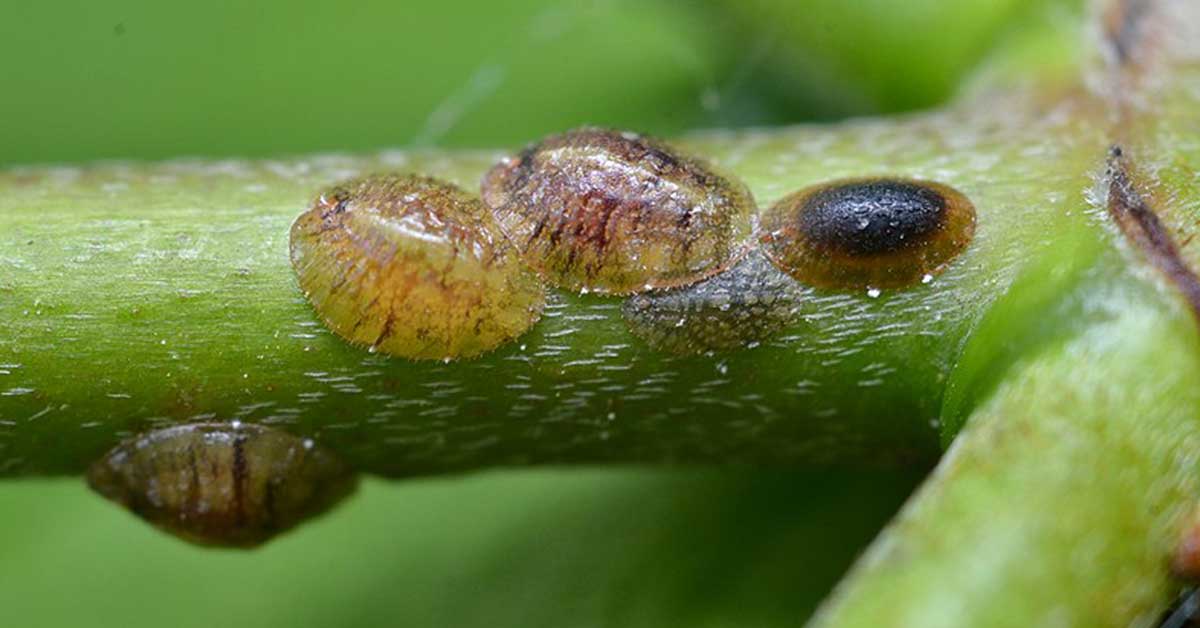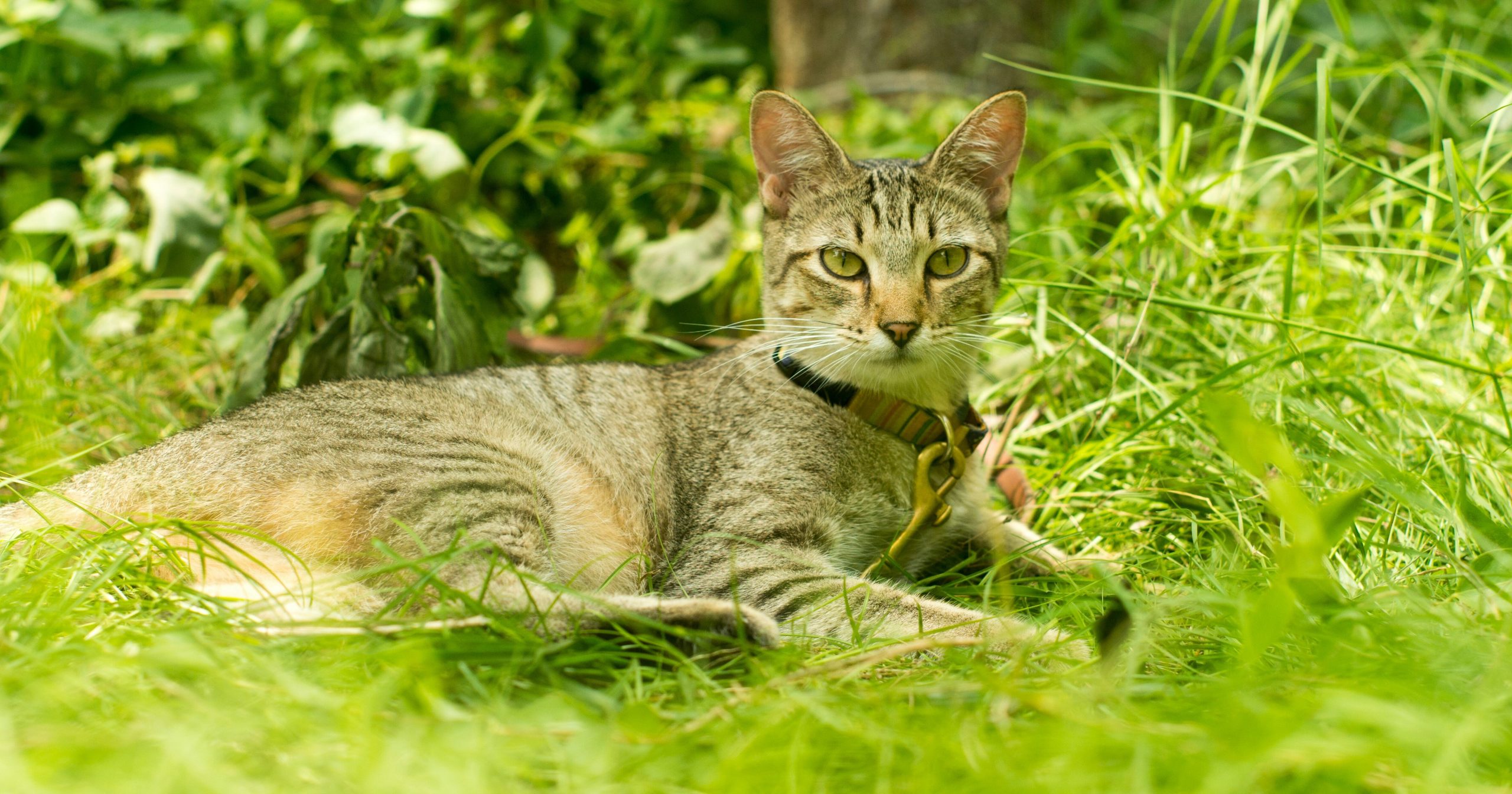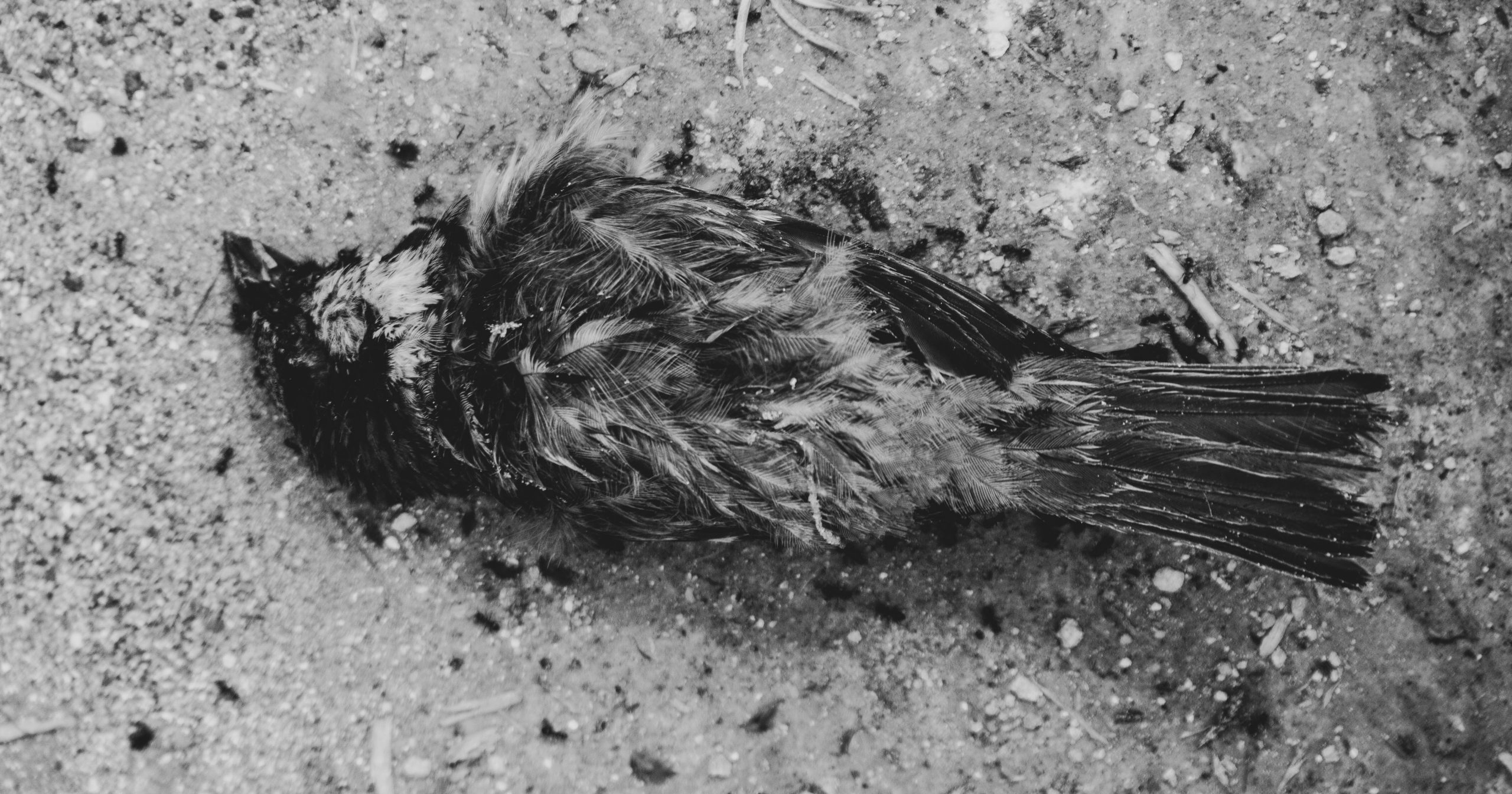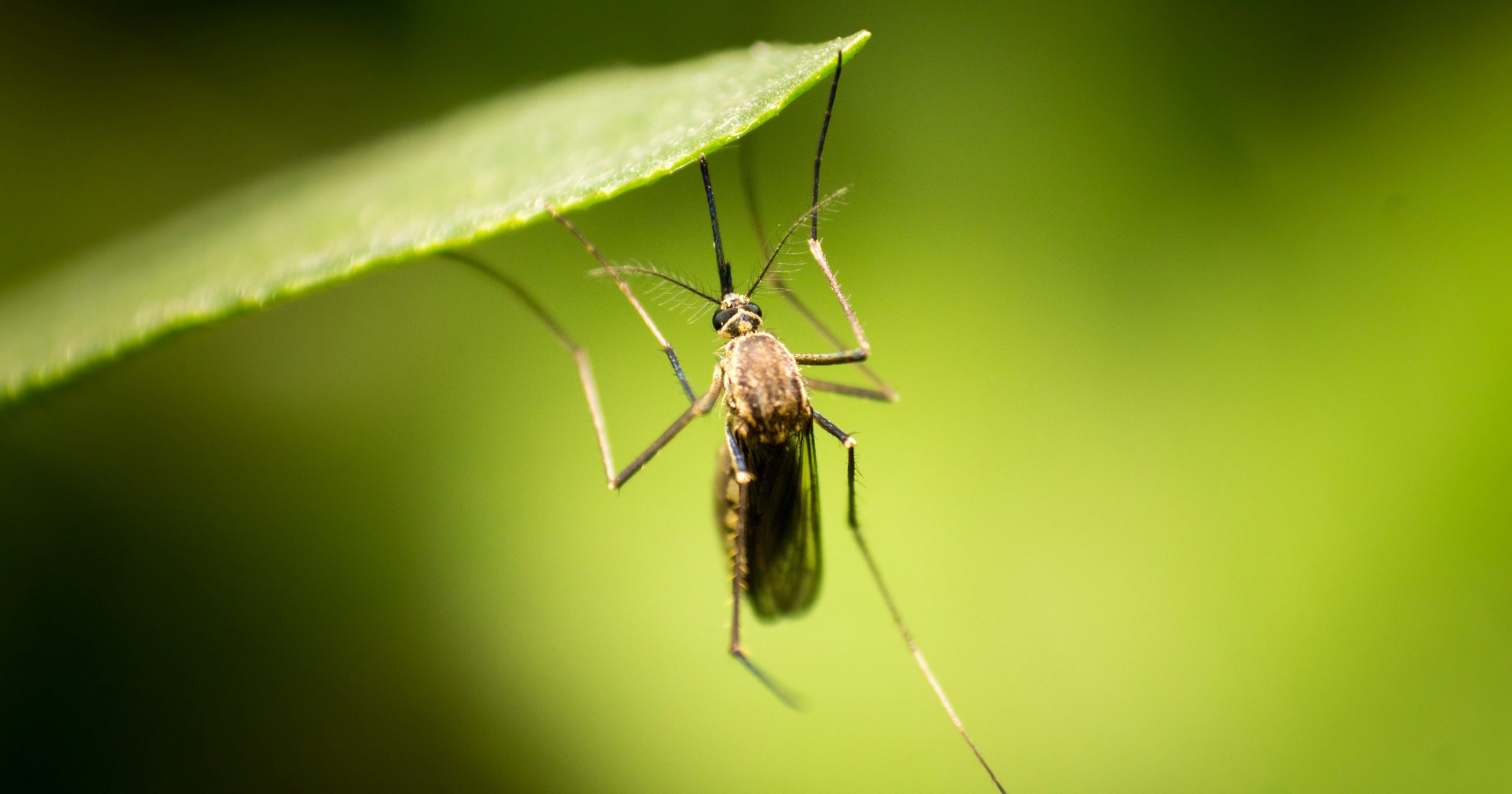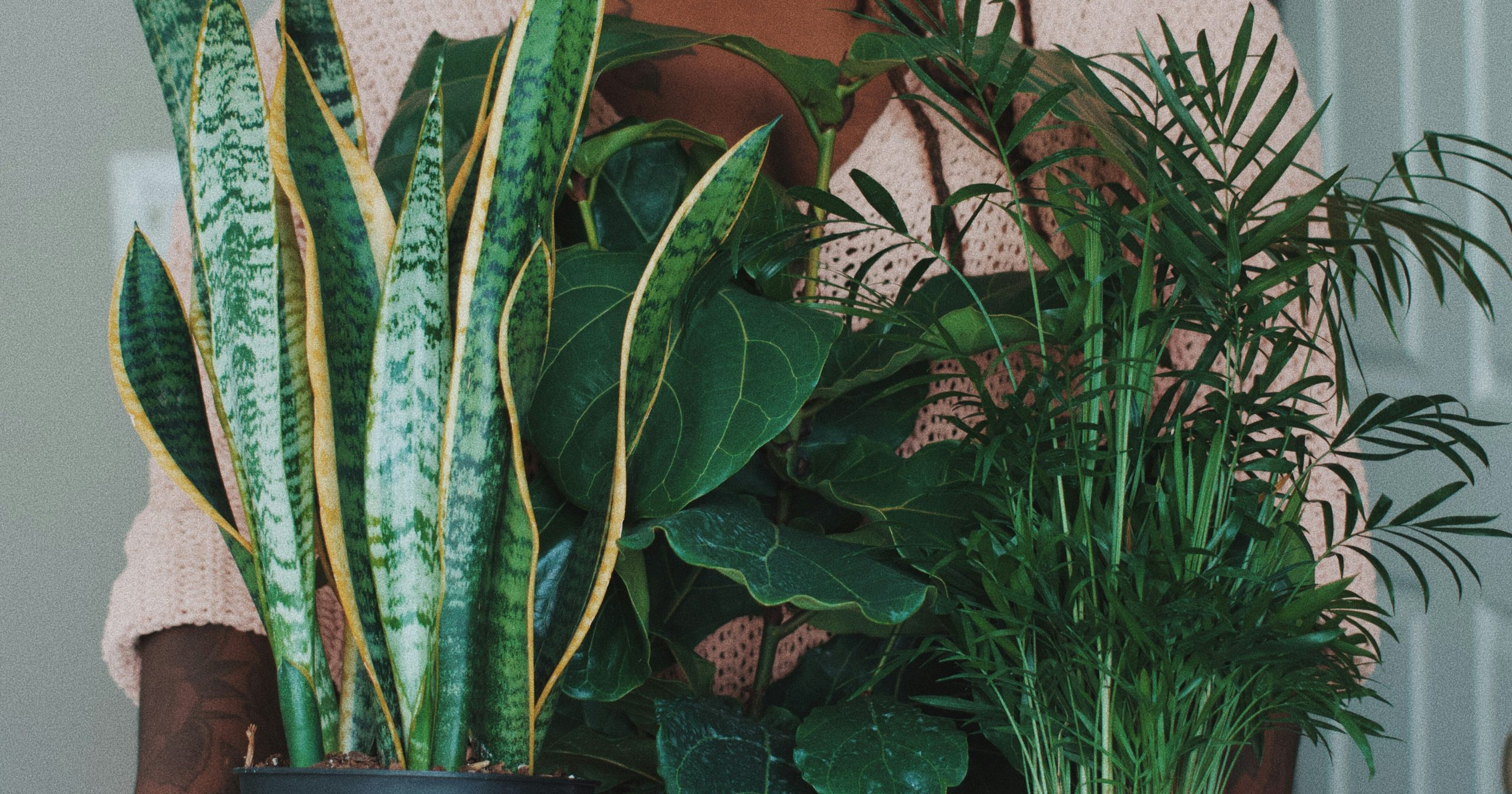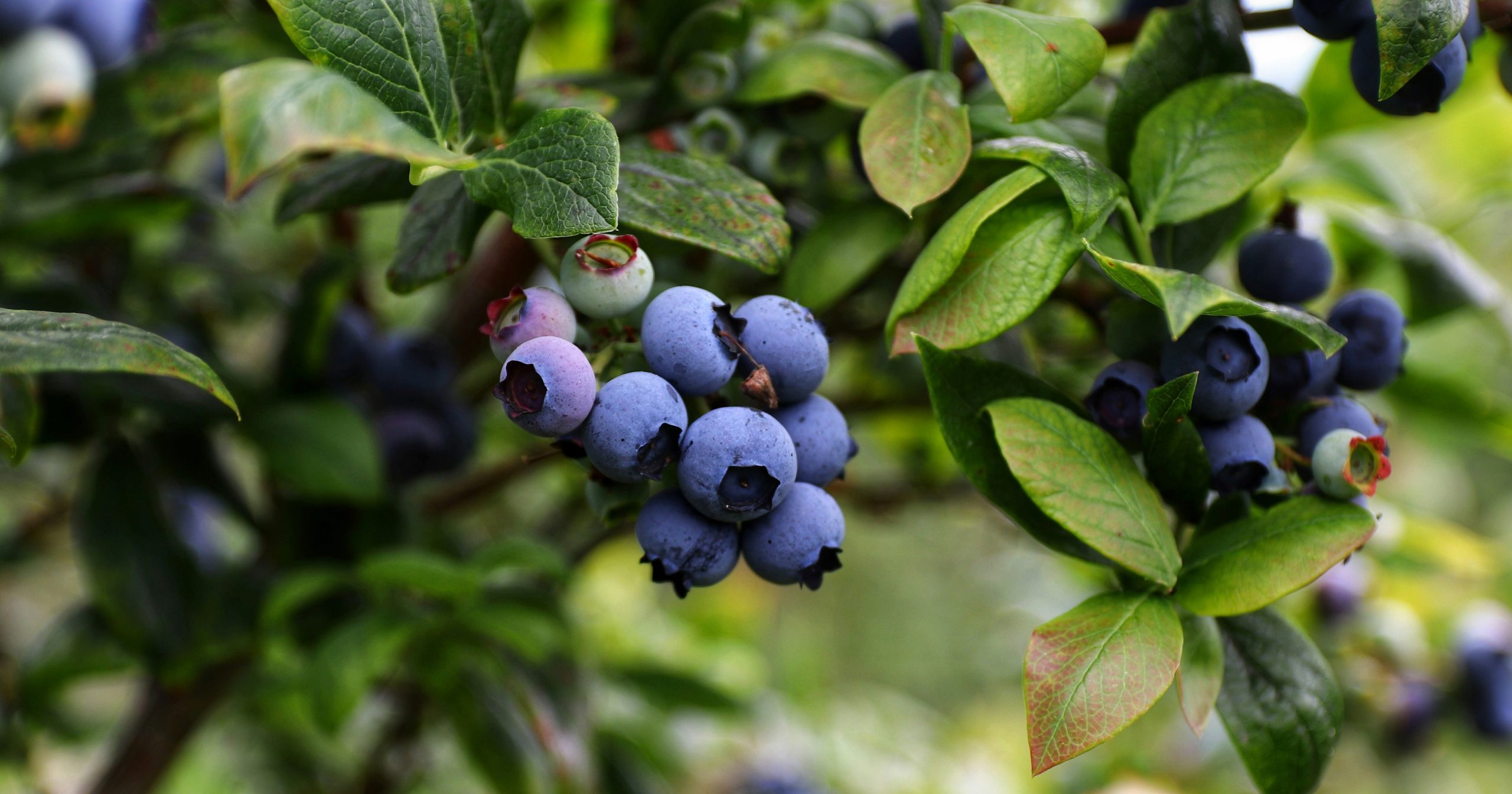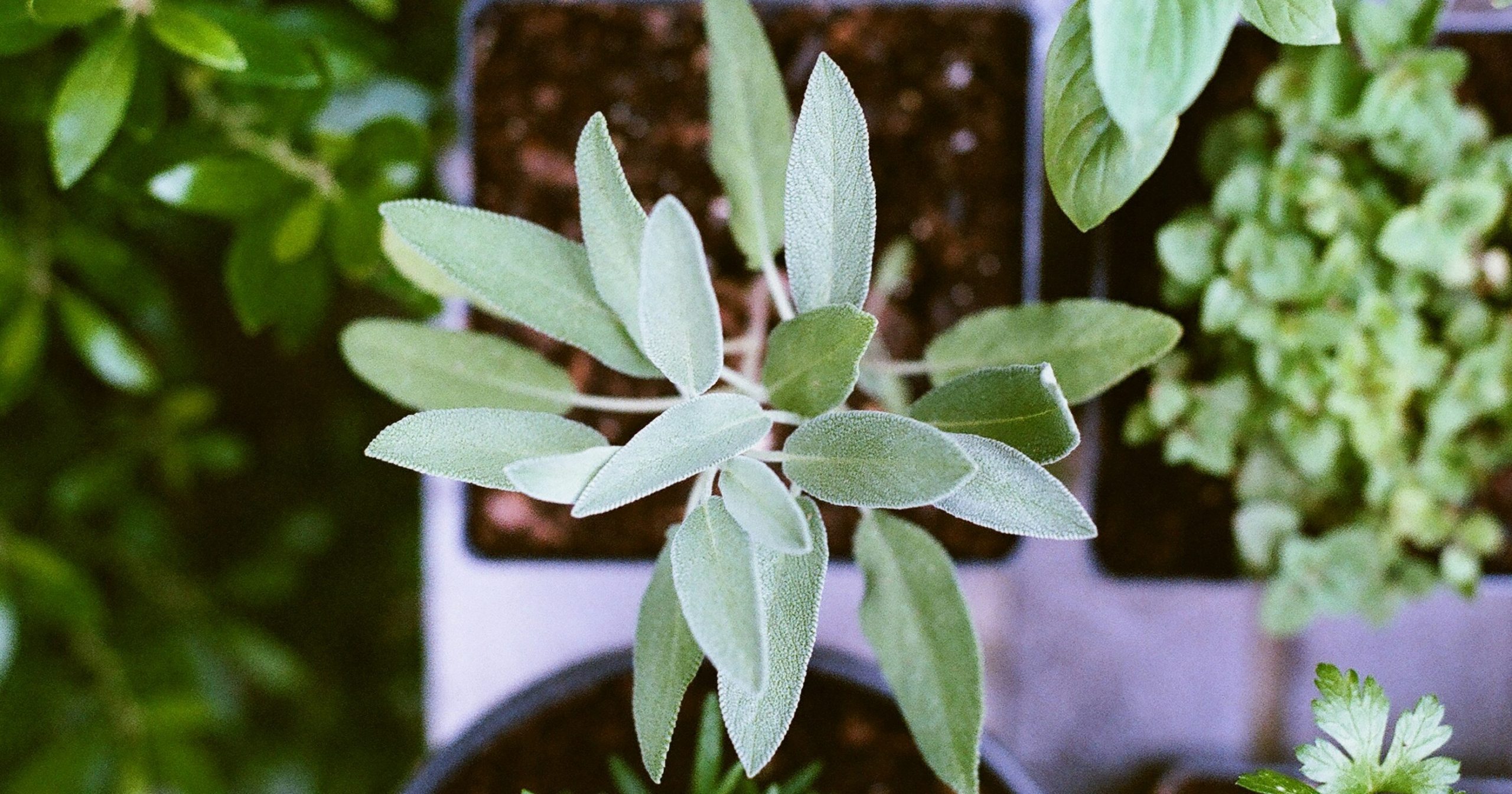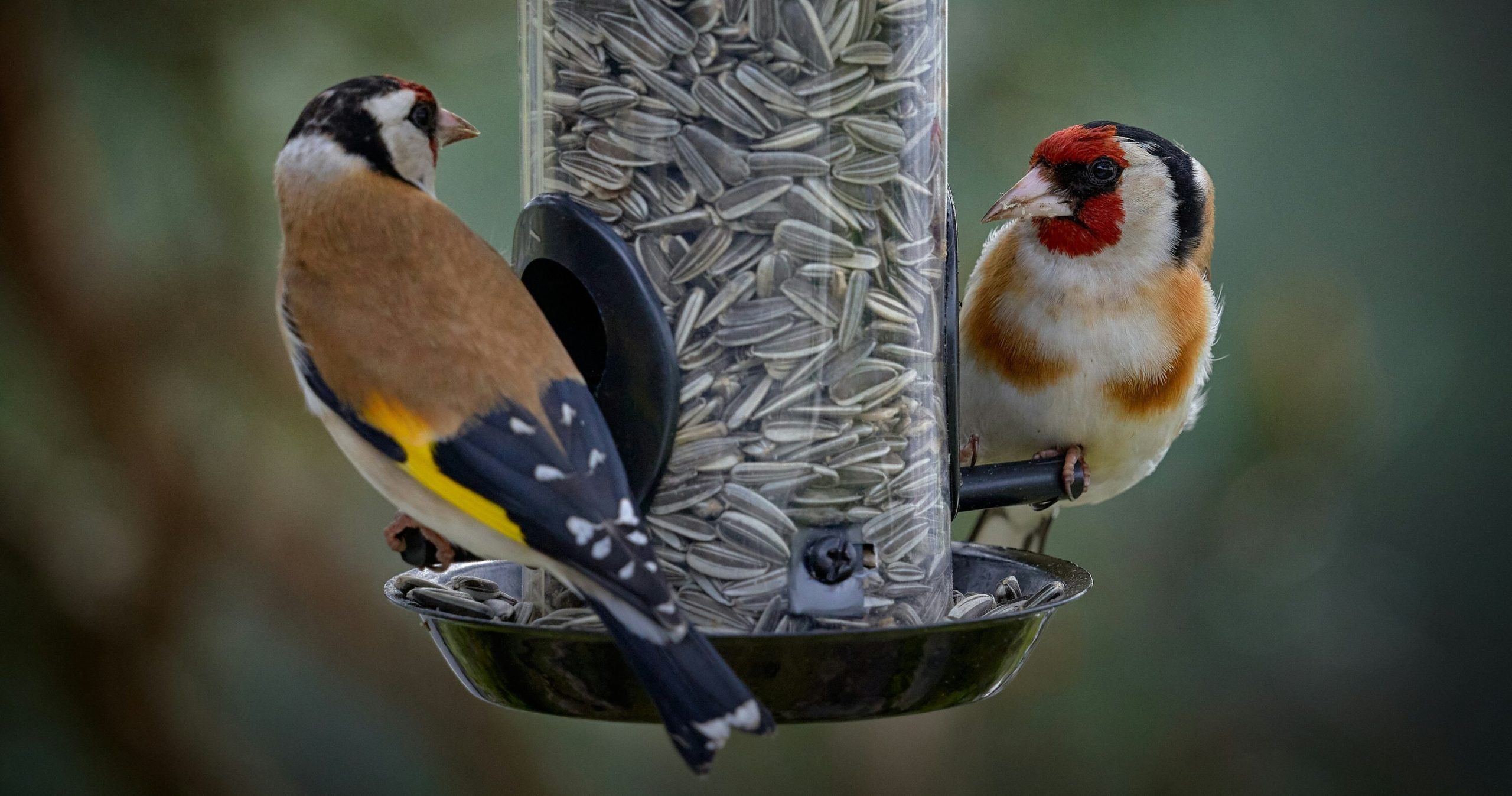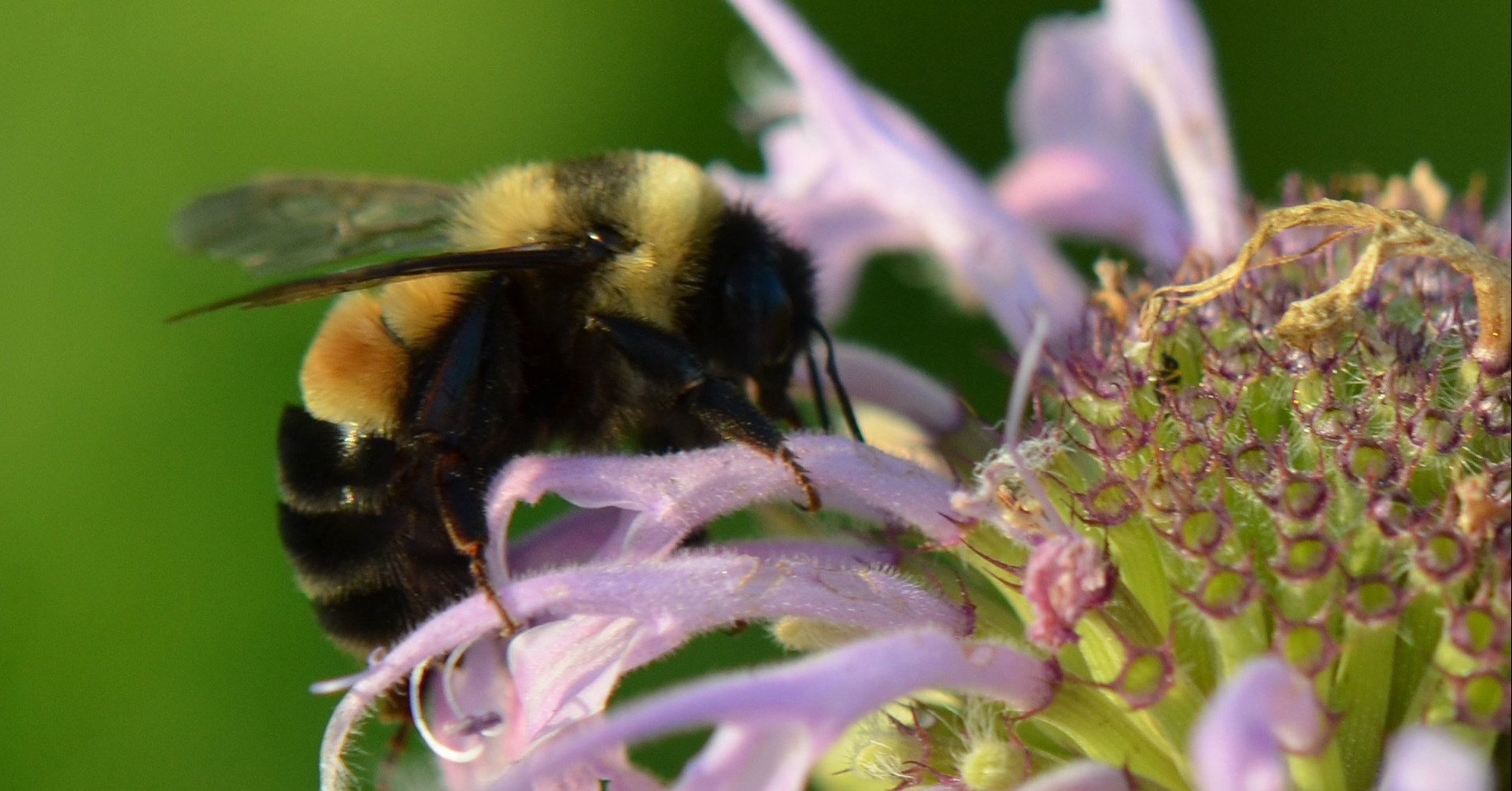Lemon trees are vulnerable to many different types of pests, including scale. These small insects feed on the sap of the tree. This causes yellowed or brown leaves, stunted growth, and even death if left untreated. Fortunately, there are several effective methods of dealing with scale on lemon trees. In this article, we will discuss the best strategies for controlling scale on lemon trees. From identifying the pest to proper treatment and preventive measures. With the right approach, you can keep your lemon tree healthy and free from scale.
How To Identify Scale
Lemon tree scale pests are small and very hard to see with the naked eye. This type of scale is easily identifiable by its white, waxy covering. They can generally be found on the bark and leaves of the tree. Ranging in size from 1/16 to 3/8 inch in diameter. Typically appearing in clusters. Infested trees may have yellowish spots on their leaves and a sooty mold may be present on the surface of the scale. If you suspect your tree has scale pests, use a magnifying glass to inspect the bark and leaves for the white, waxy covering.
There are several different types of scale pests that can affect lemon trees, including armored scale, soft scale, and mealybugs. Armored scales are small insects that form protective wax shells over their bodies, while soft scales feed on sap and produce honeydew, a sticky substance that can attract ants and other pests. Mealybugs are small, oval-shaped insects that produce a white, waxy substance. All of these pests can be controlled with a variety of insecticides, but it is important to identify the type of scale pest before treatment to ensure the correct product is used.
Preventing and Treating Lemon Tree Scale Infestations
There are some basic preventative measures you can take to stop lemon tree scale infestations before they get out of control. First, inspect your lemon tree regularly. Look for signs of scale infestations such as yellowing leaves, sticky secretions, and clusters of small bumps on the bark. Treating the tree with horticultural oil or insecticidal soap can help control the problem. Additionally, regular pruning of affected areas can help to reduce the spread of infestations. Finally, keep the area around your lemon tree clean and free of debris. If left unkempt this can provide the perfect environment for scale insects to thrive.
It is important to regularly inspect trees for signs of insects. Pruning off any heavily-infested branches can help reduce the population. It is important to keep the lemon tree in good health by providing adequate sunlight, water, and nutrients. Regularly cleaning up fallen leaves and twigs can also help prevent scale infestations. If the problem persists, it is best to contact a professional pest control service for help.
